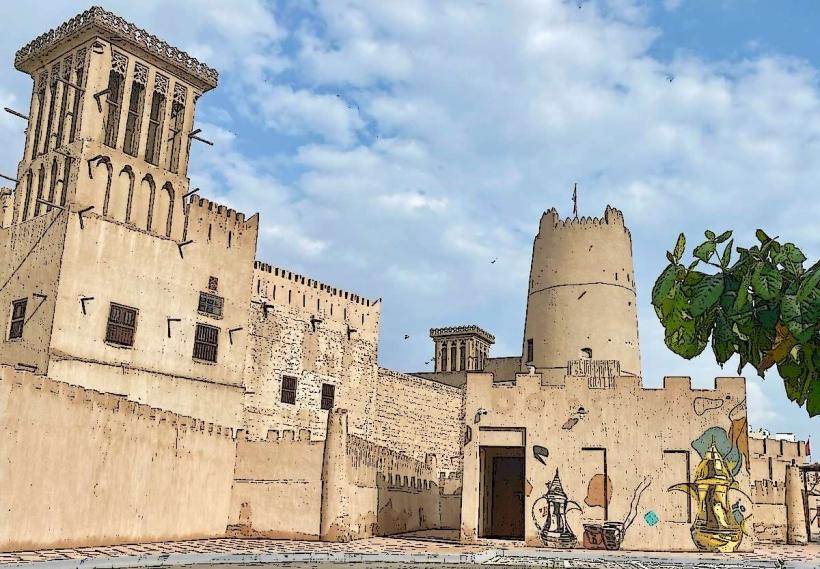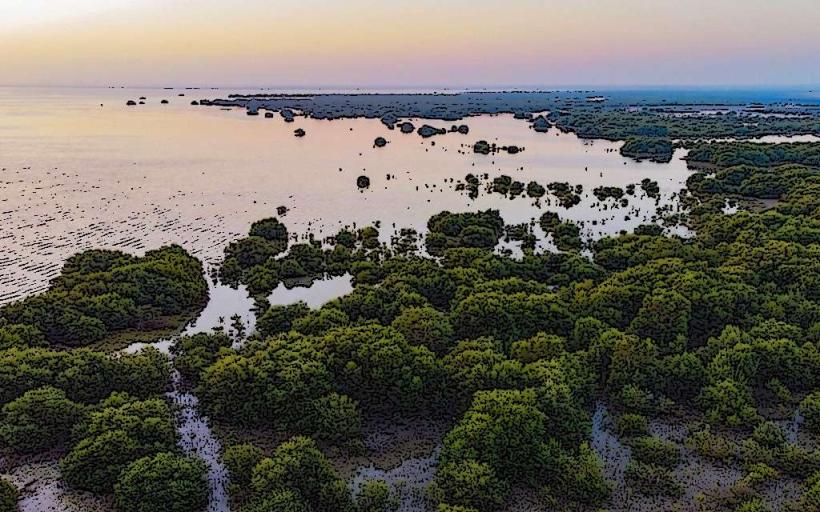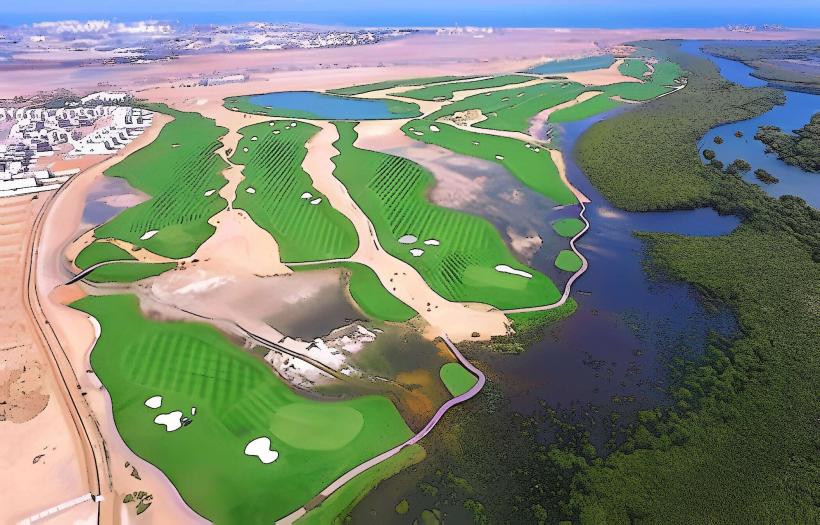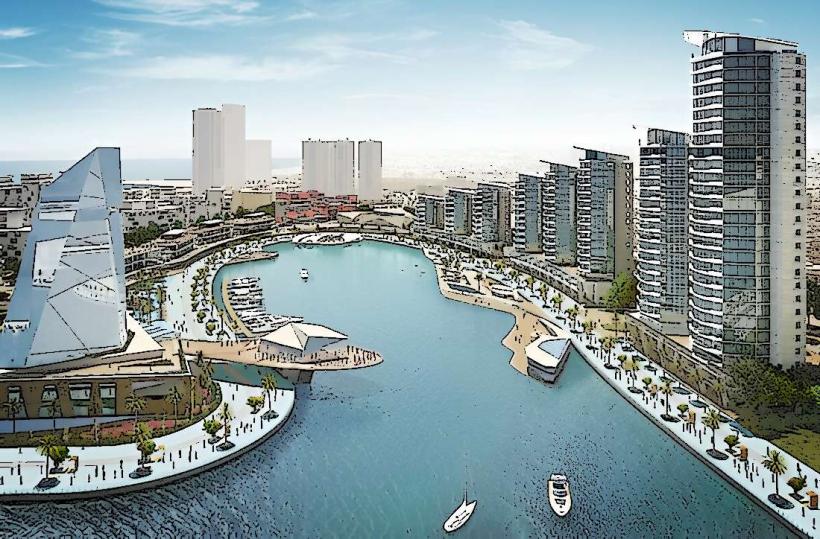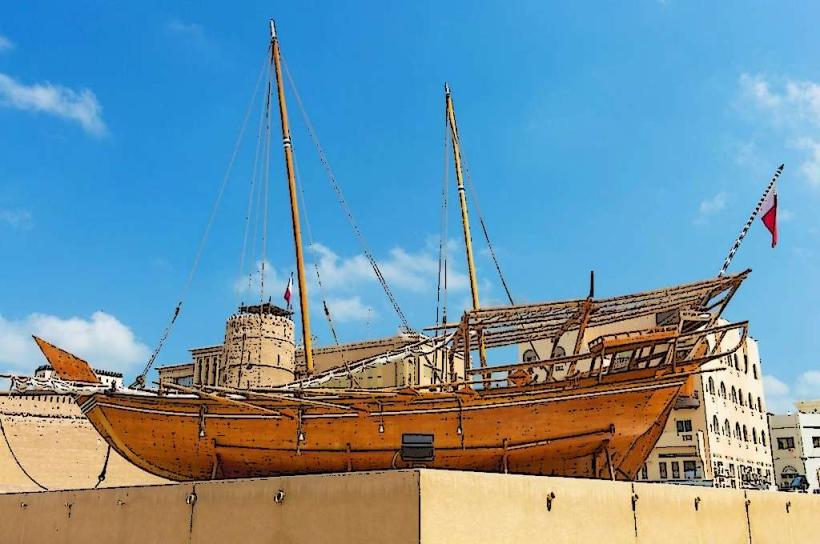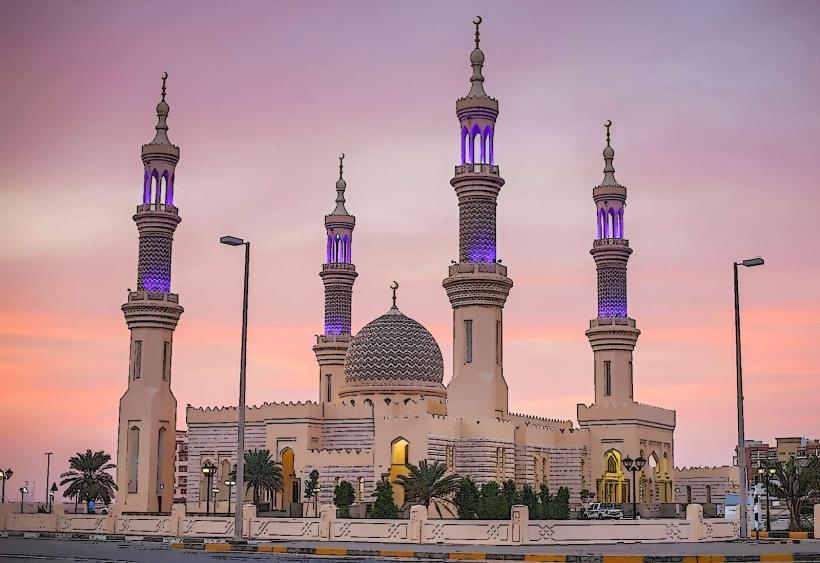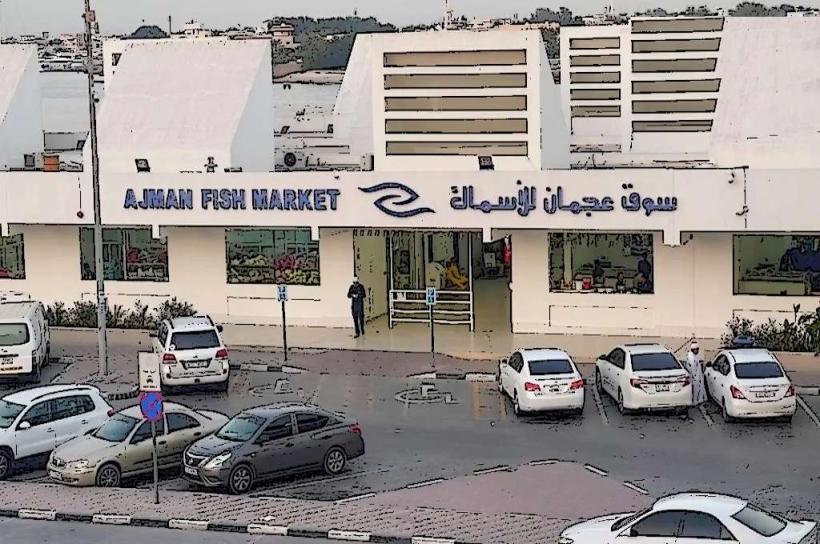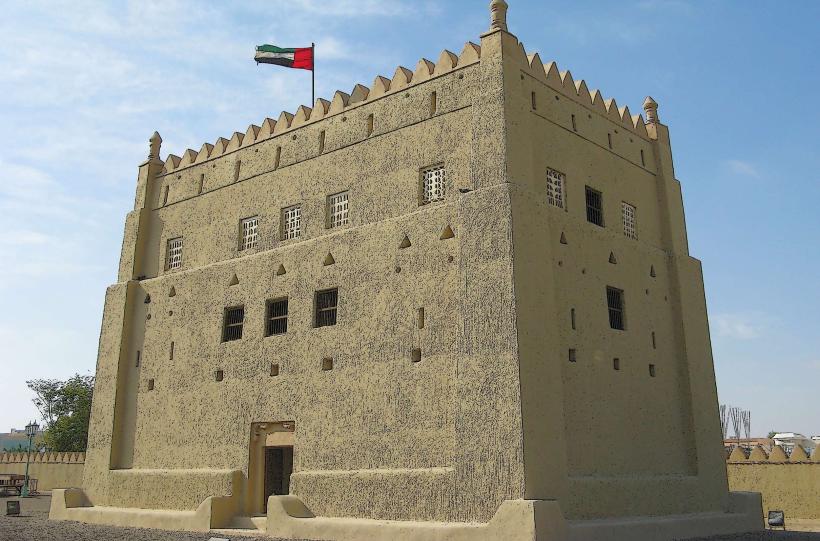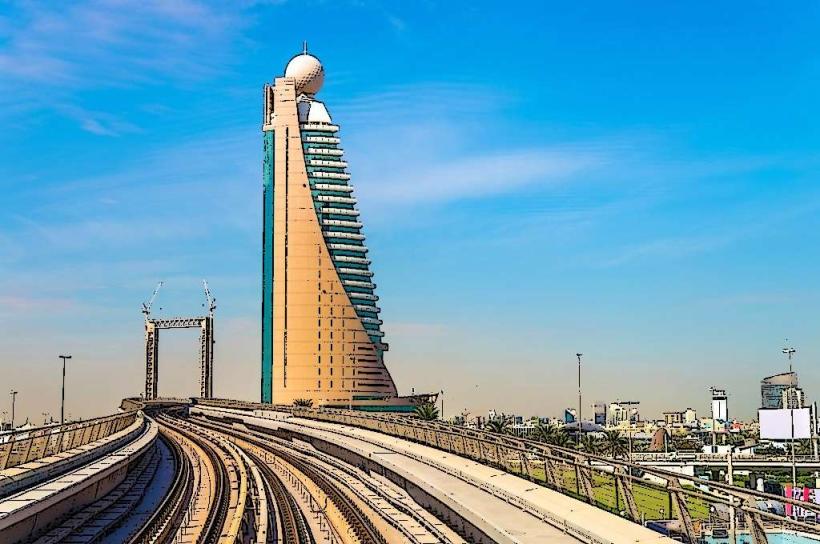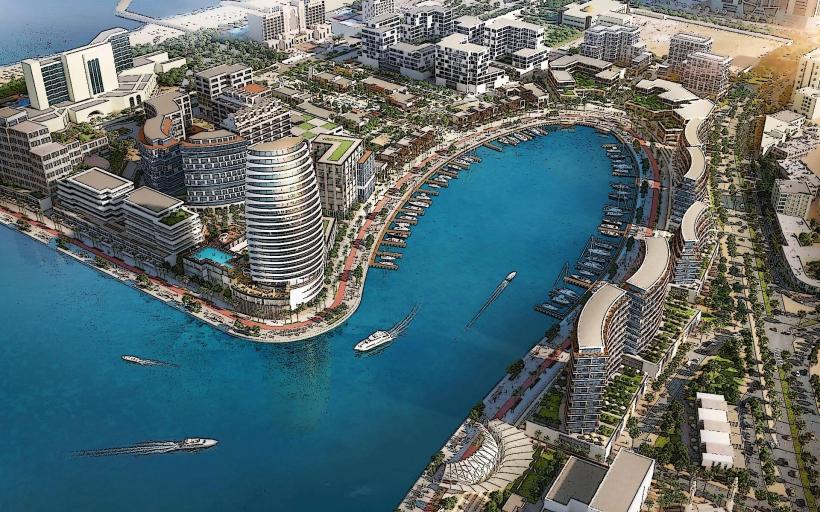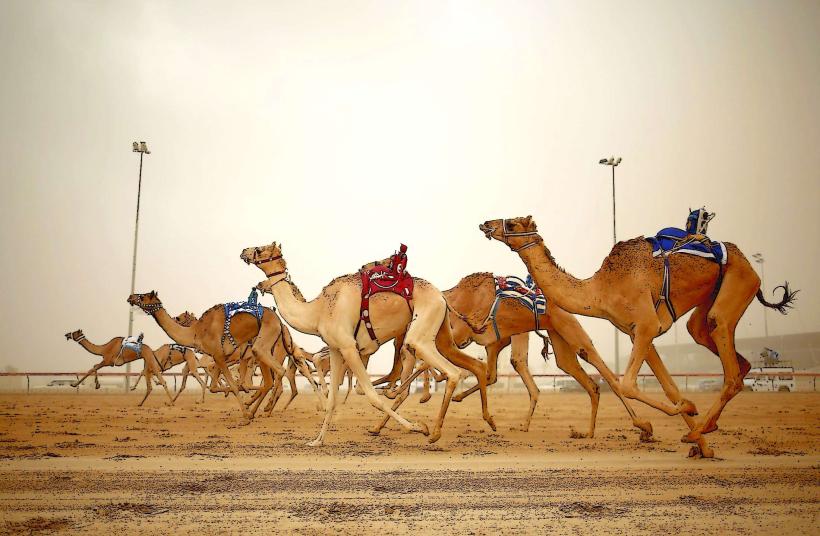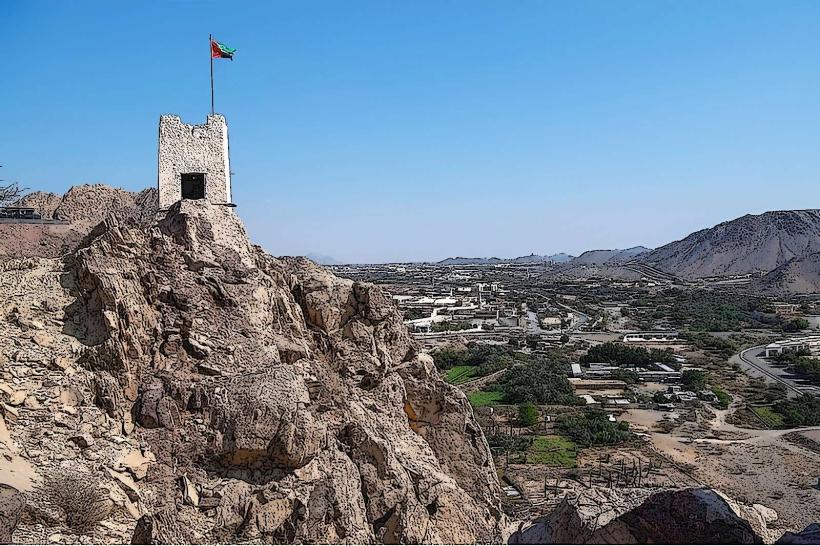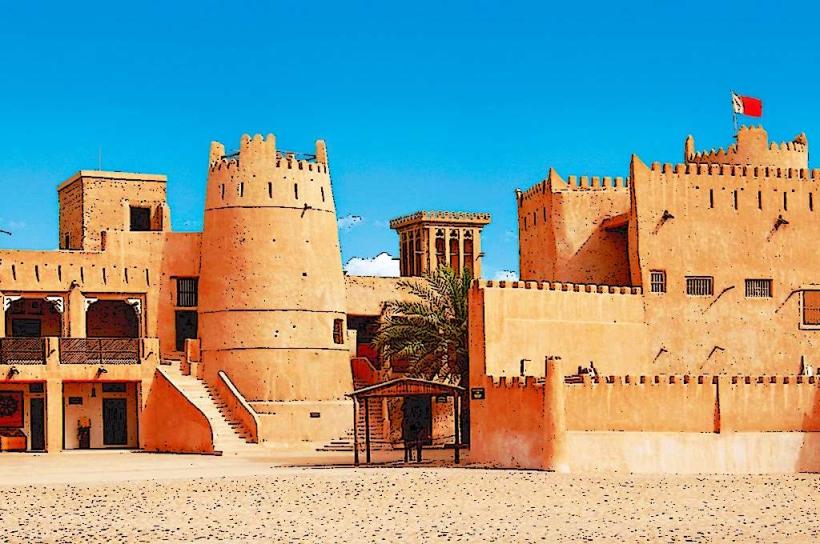Information
City: AjmanCountry: United Arab Emirates
Continent: Asia
Ajman, United Arab Emirates, Asia
Ajman serves as the administrative and economic seat of the smallest emirate in the United Arab Emirates. It is located on the Arabian Gulf coast, entirely bordered landward by the emirate of Sharjah and situated approximately 25 kilometers northeast of Dubai.
Historical Timeline
Ajman was established as an independent sheikhdom in 1810 when Sheikh Rashid bin Humaid Al Nuaimi took control of the coastal settlement. It operated under the Trucial States framework until the federation’s formation in 1971. The most significant architectural and urban reconstruction occurred in the late 1980s and 1990s as the city transitioned from a pearl-diving and dhow-building economy to a modern industrial and residential hub. The dredging of the Ajman Creek in the mid-20th century is the primary event that allowed for modern port operations and shaped the current urban form.
Demographics & Population
The 2026 estimated metropolitan population is approximately 530,000 residents. Demographic data indicates the population is roughly 37% Indian, 17% Pakistani, and 7% Bangladeshi, with Emirati nationals comprising a minority of the total residency. The median age is approximately 32 years.
Urban Layout & Key Districts
The city is organized around the Ajman Creek, which extends inland and provides a natural harbor. Al Rashidiya and Al Nuaimiya (South) are the primary commercial and high-density residential districts near the Sharjah border; the Ajman Corniche (West) serves as the upscale coastal leisure strip; and Al Jurf (East) functions as the administrative and educational center containing government offices and universities.
Top City Landmarks
Ajman Museum (Housed in an 18th-century fort)
Sheikh Zayed Mosque Ajman (Al Tallah)
Ajman Dhow Building Yard (Maritime District)
Al Zorah Nature Reserve (Coastal Mangroves)
Al Murabbaa Watchtower (Corniche)
Transportation Network
Internal movement relies on a public bus network operated by the Ajman Transport Authority. There is no metro or tram system. Uber and Careem are the primary ride-sharing apps, and "Masaar" cards are used for digital fare payment. Official taxis are silver with yellow roof signs. Traffic density is high, particularly on the E11 (Sheikh Mohammed bin Zayed Road) during peak commuting hours toward Dubai.
Safety & "Red Zones"
Ajman is categorized as having high safety levels with a negligible violent crime rate. There are no specific "red zones," but industrial areas like Al Jurf Industrial may have limited lighting at night. Common scams are infrequent but may include "street tailors" offering low-quality textiles at inflated prices or phone-based phishing scams.
Digital & Financial Infrastructure
Average fixed internet speeds reach 200+ Mbps. Main mobile carriers are Etisalat (e&) and Du. Card acceptance is high in malls and hotels, but cash (AED) remains preferred in small cafeterias and traditional souks. ATMs are widely available, with high concentrations in the Ajman City Centre mall and Al Rashidiya district.
Climate & Air Quality
Temperatures range from 14°C to 24°C in winter and 30°C to 48°C in summer. Air quality is generally moderate, though dust levels increase during desert wind events (Shamal). Humidity in the summer months frequently exceeds 70%, creating high heat-index risks.
Culture & Social Norms
Social rules are conservative. Tipping of 10–15% is standard in restaurants. Handshakes are the standard greeting, though gender-segregated social norms may apply in traditional settings. Dress code requires modesty: shoulders and knees must be covered in public buildings and malls. Alcohol is only served in licensed hotel bars; public intoxication is a criminal offense.
Accommodation Zones
Ajman Corniche: Stay here for walking access to the beach, luxury hotels, and the waterfront promenade.
Al Rashidiya: Stay here for proximity to the Sharjah border, budget-friendly dining, and central urban logistics.
Local Cost Index
1 Espresso: 18 AED ($4.90)
1 Standard Lunch: 35 AED ($9.50)
1 Local Bus Ticket: 5 AED ($1.35)
Nearby Day Trips
Sharjah Cultural District: 10 km (20 minutes)
Dubai Downtown: 30 km (45 minutes)
Al Zorah Mangroves: 10 km (15 minutes)
Hatta Mountains: 110 km (1 hour 30 minutes)
Facts & Legends
A local historical oddity is that Ajman was the first emirate in the region to offer "freehold" property ownership to expatriates in specific zones, a move that significantly accelerated its urban development. A verified historical oddity regarding its geography is that the emirate possesses two inland exclaves, Manama and Masfout, which are geographically separated from the coastal city by other emirates and Oman, originally secured through 19th-century tribal alliances.

